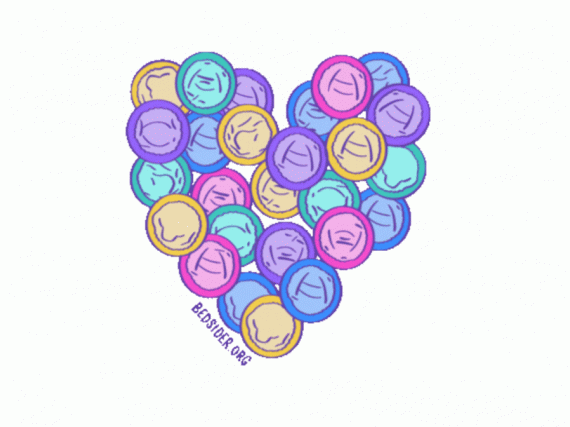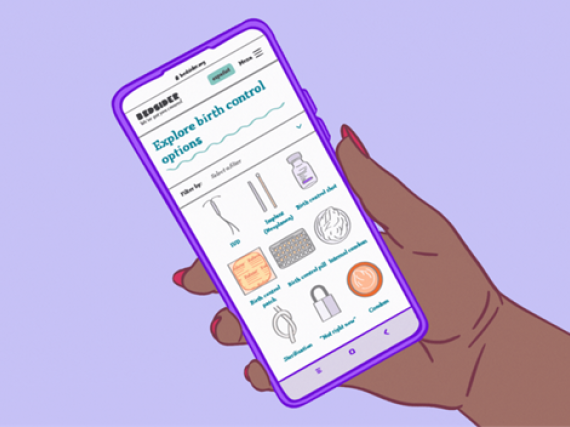A Migraine is More Than Just A Headache
I’ve had migraines for as long as I can remember. In elementary school they sent me to the nurse’s office with tears in my eyes from the pain. In high school I had to leave classes early because I couldn’t concentrate or stand the light and sound. The number of times I’ve had to cancel plans with friends and family, leave work early, or leave class just to lay in a quiet, dark room until my medicine worked its magic, add up to more than I can remember.
I started birth control in high school because the migraines I got around my menstrual cycle were excruciating. I’m talking about throwing up at least 2 times because of the pain, one dose of medicine not doing the trick, and in worst-case scenarios, having to be taken to the headache clinic to be hooked up to an IV for an hour or more. An A student, involved in many school activities, and a dancer at a local studio; I couldn’t take it anymore. I started hormonal birth control pill, Apri, on the recommendation from my doctor that it might help with my migraines. While they didn’t go away after starting birth control, the severity of them lessened. I still get a bad one every now and then, but I survive.
June is Migraine and Headache Awareness Month, a month dedicated to speaking up about migraines. I’ve heard over the years people say, “Oh it’s just a headache,” or “Drink some water and you’ll be fine.” I’m here to say it’s more than just a headache and it’s more than a glass of water can fix. It’s debilitating and probably the worse pain you will experience in your life (some women even say worse than child birth – yikes). My migraines can come from almost anything; lack of sleep, stress, my menstrual cycle, changes in air pressure, too much sleep, too much alcohol, a storm brewing, a scent that was just too strong. You name it and it’s probably a trigger for a migraine.
If you’re a migraine suffer, you’re not alone. Around one quarter of women suffer from migraines and they’re one of the leading health problems affecting women today. Women suffer from migraines more than three times as often as men. While some women get migraines maybe once a month or once every two months, 85% of women suffering from migraines are chronic migraine suffers, which means they experience 15 or more migraine days a month. Most people experience migraines due to the hormonal shifts that take place during menstrual cycles, pregnancy, and menopause. According to Robin Watkins, CNM, WHNP-BC, Health Care Director at Power to Decide, “For people with menstrual migraines, it is usually the drop in estrogen that happens before your period that triggers them, so consistently taking a birth control with a low dose of estrogen, like continuously cycling the pill or the ring, can help.”
Migraines don’t care where you are or what you’re doing, they just attack. When a migraine hits I am down for the count for at least 2-4 hours—if not more depending how groggy I feel once I wake up from my nap. I can always count on a migraine attacking me on any “firsts.” I’ve come home with a migraine every first day of school since the fifth grade. I cannot explain the frustration in being so excited for a certain event, like a birthday party, family event, or day trip and have a migraine stand in the way of me enjoying mtself. Stress? Anxiety? Too much excitement? Who knows, but still to this day on any first day of a new internship or job, first day back at college I can rely on a migraine creeping in and ruining what should be an exciting day.
Birth control can either help migraines or worsen migraines. Watkins says, “People with migraines can use birth control methods including IUDs, implants, the shot, and the mini-pill without problems, but people who have migraines with aura should not use methods that have estrogen, like the pill, the patch, and the ring.” So, if you’re a migraine sufferer searching for a birth control method that works for you, talk to your health care provider. Migraines are more than just a headache and I hope this June we all take a moment to read up on migraines and learn about a disease that effect 28 million women each year.



